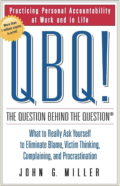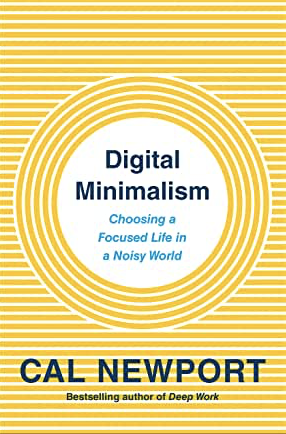Before I release a pre-marital couple to the wild world of marriage, I challenge them to adopt two words (concepts) as cornerstones for their marriage: Grace and Gratitude. Here’s why.
Showing grace implies forgiveness, acceptance, and a belief that your spouse is a better man/woman than what the offending action shows. It’s easy to get offended or hurt and turn away from them as protection. It’s hard to stay engaged and put hurt feelings aside and believe the best. Next time this happens in your relationship, offer grace by placing your hand on their shoulder or chest near their heart and say, “I don’t believe that you intended to harm me, and that you do love and care for me.” Watch what happens next.
The second is gratitude. As a whole, we are not that grateful of a people. Instead, we are an entitled people. Sadly, I rarely encounter a couple that genuinely like each other. Most couples remember liking each other, but they’ve long since forgotten that part of their lives. Entitlements will destroy your relationship — Gratitude will repair and heal your relationship.
Practice giving thanks to your spouse, for even the smallest of items.
- “Thank you for smiling at me this morning.”
- “Thank you for sitting next to me on the couch.”
- “Thank you for turning off the TV and listening to my tough day.”
- “Thank you for marrying me.”
- “Thank you for smiling at me when I came home.”
- “Thank you … <fill in the blank>”
It doesn’t take a lot to change the tune of your day, or your spouse’s day. Show them grace, and gratitude, and see how quickly you begin to like them again.
______________________________________


